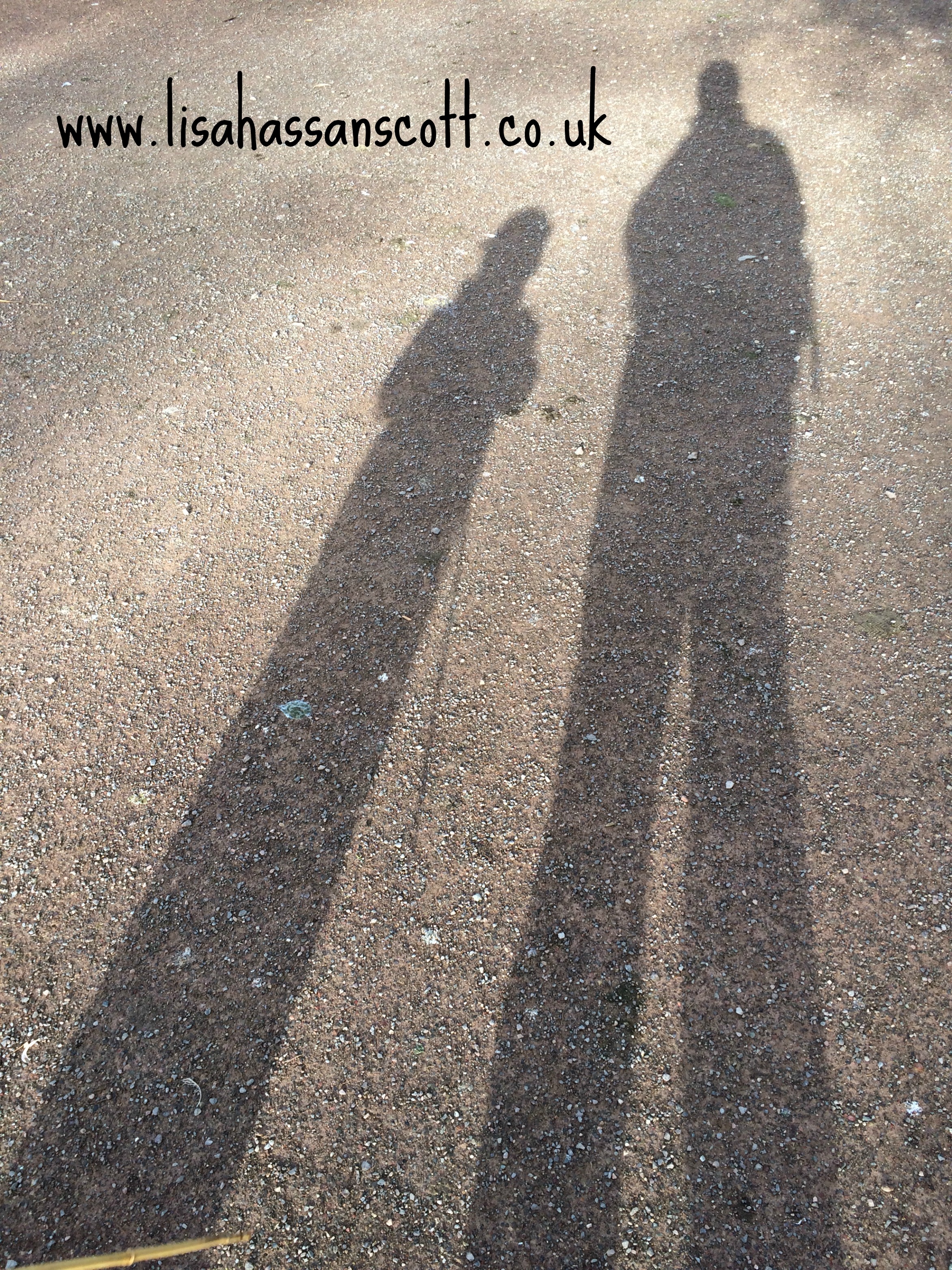“Just like a woman.” Someone actually said this abhorrent phrase to me this week. It’s 2016 and apparently he thought it was acceptable to make a completely sexist remark to me, right in front of my children. His shoulders shook as he laughed, knowing that it was exactly the thing that would provoke me. I ended the conversation quickly, walked away and my children and I looked at one another with that wide-eyed, what-the-hell-was-he-on-about look that we give each other when something like this happens.
You and I know what this guy meant when he made that comment. It’s an insulting, sweeping judgment about a group of people. It’s prejudice. It’s arrogant, hierarchical, hateful. And perhaps most important to me, it’s language that disconnects and alienates.
Sometimes I look back on the things I used to say and wonder what on Earth I was thinking. Several years ago, when my children were younger, whenever they’d be particularly obstinate, angry, aggressive or wilfully assertive, I’d groan and say the thing I hear lots of parents saying: “Ugh. She’s behaving just like a teenager.” I’d wonder what the teen years would be like, if this was the behaviour I had to put up with when she was only four years old.
Fast forward ten years and, guess what? I have a pre-teen and a teenager in my nest of chicks.
The phrase, “She’s behaving just like a teenager,” needs a little unpacking. Is it as offensive as, “Just like a woman”? Because when I say that my four year old is behaving like a teenager, what, exactly, do I mean? Do I mean that all teenagers are obstinate, angry, aggressive or wilfully assertive? Maybe they are. But not all the time. What’s more, it isn’t language that inspires connection. It’s a sweeping generalisation. It’s language that disconnects and alienates.
This week my pre-teen and teenager had lots of fights. They slammed doors and used angry words with me and with each other. They cried their well of tears dry, for reasons they don’t quite understand or even know. Yes, they’re emotional. (So am I.) Yes, they can be difficult to be around. (So can I.) Yes, they can be stroppy. (Me too.)
However, they have also thrown their arms around each other and kissed one another goodbye, shouting, “I love you!” They have baked brownies and cookies. One, in an unexpected moment of self-sacrifice, selected the most mangled-looking poached egg on the plate so I could have the un-mangled one. The other played with her little brother outside so I could sit down for five minutes.
Now that I am walking into the teen years hand in hand with my children, I bristle when I hear parents say, “She’s acting just like a teenager.” Parenting is always a challenge. It doesn’t start at 13. It just becomes more complicated as children develop the ability to argue with greater reasoning, as hormones flow and heighten emotions, as children go through the confusing metamorphosis that lands them in the land of adulthood. The wonder years? Far from it. It’s hard for them and it’s hard for us. As they go through this change, I want to support them. But oh my, it can be so, so trying. Connecting deeply with our children can be one of the most beautiful and soul-filling experiences we have in our lifetimes, but it’s a simple truth that sometimes being around other humans can make you wish you were living in a cabin on Walden Pond.
I think about my own annoying habits, my personality faults, the things I do when I’m around my family. When I go to bed each night I leave my socks on the floor. Sometimes I forget to pick them up the next day and put them in the laundry basket. I can be critical of others and struggle to keep schtum when it would be better to say nothing. I have a habit of saying too much and giving overly-long explanations that go off on multiple tangents. I crack my knuckles. It makes my family squirm. I do it anyway.
Just look for me in the self-help section. Sigh.
The point is that if my husband went around derisively and ruefully saying of our child, “She’s acting just like Lisa!” I think I’d be offended. (I’d probably give him an unnecessarily long telling off, while cracking my knuckles.)
“She’s behaving just like a teenager.” When I think about that phrase now I can see that it is language that breaks. It takes teens and places them firmly at arms length. They’re in the Other category. Alien. Persona non grada. I think about it and it makes me want to give myself the wide-eyed what-the-hell-am-I-on-about look.
I suspect that much of the reason my teens act out is due to a feeling of disconnection. Rather than aggravating those feelings I want to draw them gently back within the nest and tuck them back under my feathered wings. They aren’t ready to fledge yet, nor am I ready to let them go. They’re acting just like teenagers? Maybe. They can be difficult to live with? Yes. But it’s probably more the case that they are acting just like themselves. I’m okay with that. Because if you can’t be yourself with your own mother, then, Houston, we have a problem.
© Lisa Hassan Scott 2016.

Comments are closed